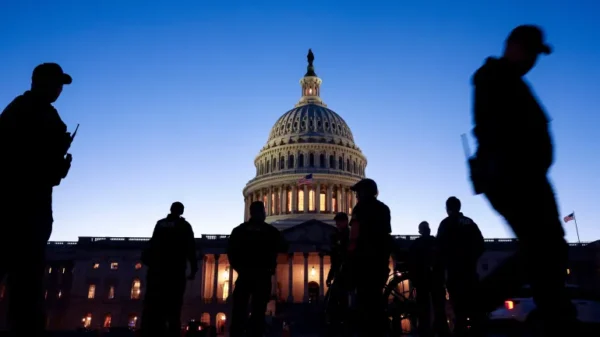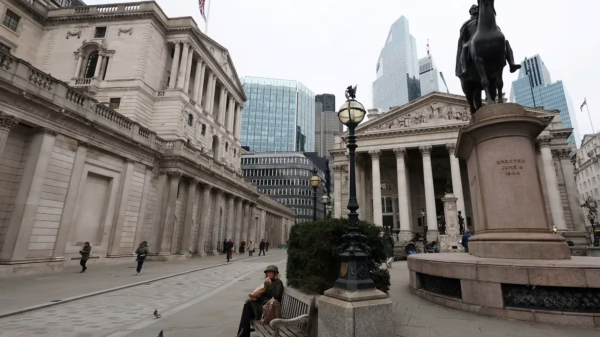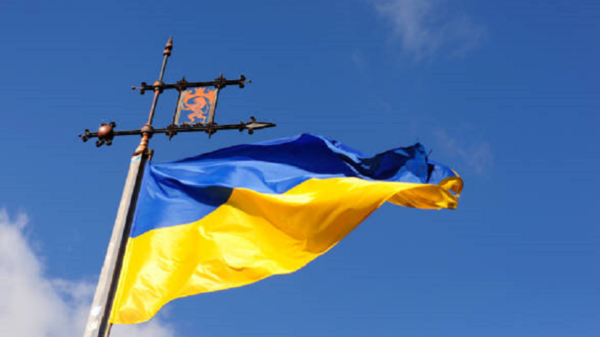The freedom to choose is a hallmark of American culture, but when it comes to financial decisions, more choices do not always equate to better outcomes. This holds especially true for a relatively recent phenomenon known as “zero-days-til-expiration options” or 0DTE options, w hich offer derivatives traders numerous opportunities to make fast money or, more often than not, incur significant losses that could potentially disrupt the financial markets.
We’ve already witnessed the impact of amateur traders equipped with Robinhood apps and an abundance of free time delving into the complex world of options trading. The resulting retail investor frenzy, orchestrated through social media, led to massive stock price fluctuations in fundamentally unsound businesses like Gamestop (NYSE:GME), AMC Entertainment (NYSE:AMC), and Bed Bath & Beyond (OTCMKTS:BBBYQ). These stocks embarked on “moon shots” before inevitably crashing back to reality, leaving many investors holding heavy bags.
Now, with the meme-stock craze mostly in the past, a new speculative trend is captivating the get-rich-quick crowd. The ultimate ending of this story, whether it turns out to be comic, tragic, or a mix of both, remains uncertain. However, one thing is clear: 0DTE options have the potential to impact stockholders across various sectors, and the repercussions could be significant, whether they are prepared for it or not.
Demystifying 0DTE Options
To provide a concise overview, options are financial derivatives that grant the buyer the right, but not the obligation, to buy or sell an asset, typically a stock, ETF, or futures contract. On the other side of the transaction, option sellers may be required to execute the trade as buyers or sellers of the underlying asset, depending on the option buyer’s decision. The Chicago Board Options Exchange (CBOE) serves as the primary regulator of options trading activity.
Traditionally, options had monthly expiration dates, typically falling on the third Friday of the month. In addition to these “monthly options,” weekly options were introduced, expiring on Friday afternoons. But in the spirit of American choice, new options emerged. Now, traders can access options that expire every weekday, from Monday to Friday, on two different ETFs: the SPDR S&P 500 ETF Trust (NYSEARCA:SPY), tracking the S&P 500 index, and the Invesco QQQ Trust (NASDAQ:QQQ), following the tech-heavy NASDAQ 100 index.
The introduction of SPY and QQQ option expirations during the workweek means that traders have the opportunity to buy or sell options that expire on the same day they are traded. These are aptly referred to as 0DTE options, as they expire within zero days or, more accurately, less than a full day.
High Volume, High Risks
While it was previously possible to trade 0DTE options once a week or month, the new availability of Monday-through-Friday SPY and QQQ option expirations has triggered a surge in trading activity. Fast-money enthusiasts are eager to turn quick profits by buying or selling options that expire on the same day.
Reports from mid-August indicated that 0DTE options accounted for 53% of all S&P 500-associated options, including SPY ETF options. A CBOE report also revealed that 0DTE options constituted 50% of SPX (S&P 500) option volume in August.
For individual traders, whether retail or professional, there is significant gamma risk associated with 0DTE options. This risk refers to the rate of change in the option’s price, which can fluctuate rapidly. In the worst-case scenario, a trader dealing with 0DTE options may lose their entire investment and potentially owe their broker a substantial sum of money.
Market-Wide Implications: A Grand Experiment
While it is advisable to refrain from trading 0DTE options due to their high risk, many traders are unlikely to heed this advice, and they may invest heavily in these fast-moving derivatives.
Even if you choose to stay away from 0DTE options, you might still be affected by their consequences if you are involved in the financial markets. A topic of ongoing debate is whether these options could significantly distort asset prices. JPMorgan analyst Marko Kolanovic has even sounded a warning about a potential “Volmageddon 2.0.”
While it is premature to predict an imminent volatility Armageddon, the growing popularity of 0DTE options is cause for concern. The fact is, no one can accurately predict the ultimate outcome of this surge in high-risk trading. It is essentially an extensive experiment, and all market participants are unwittingly part of it.
If one were to make an educated guess, it might be surmised that the popularity of 0DTE options trading will peak and eventually subside, much like the meme-stock craze did.



































